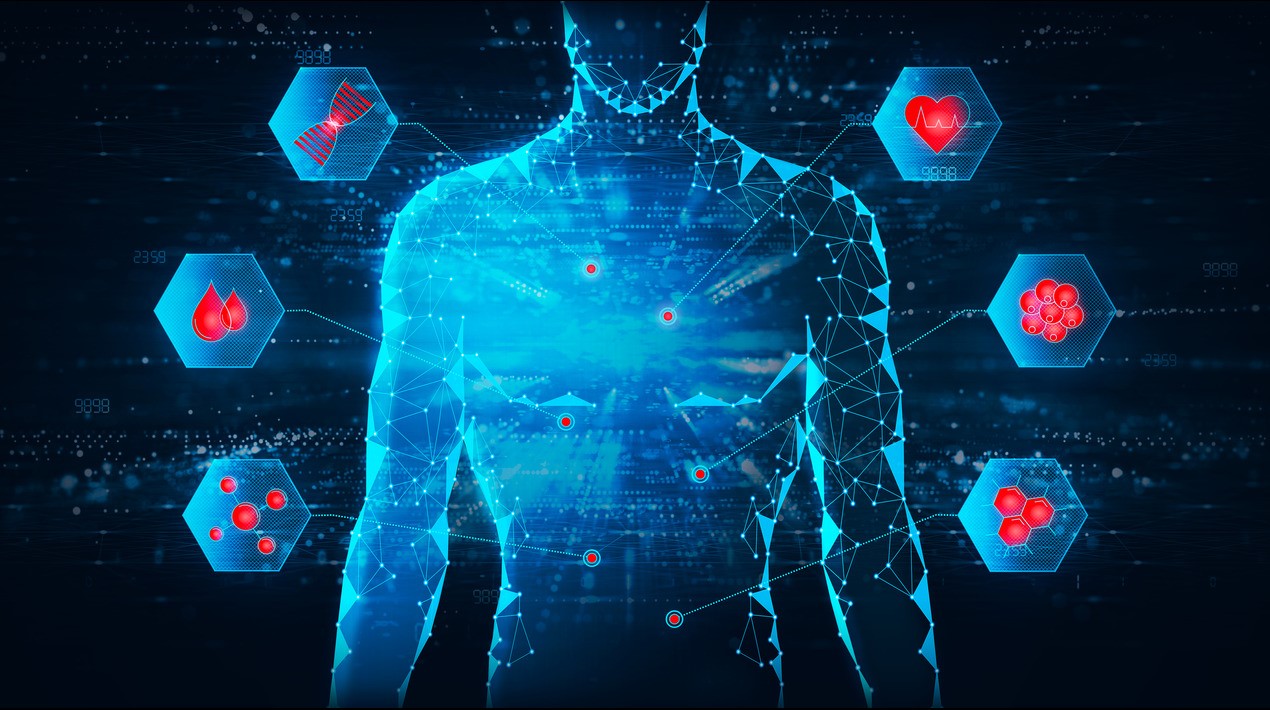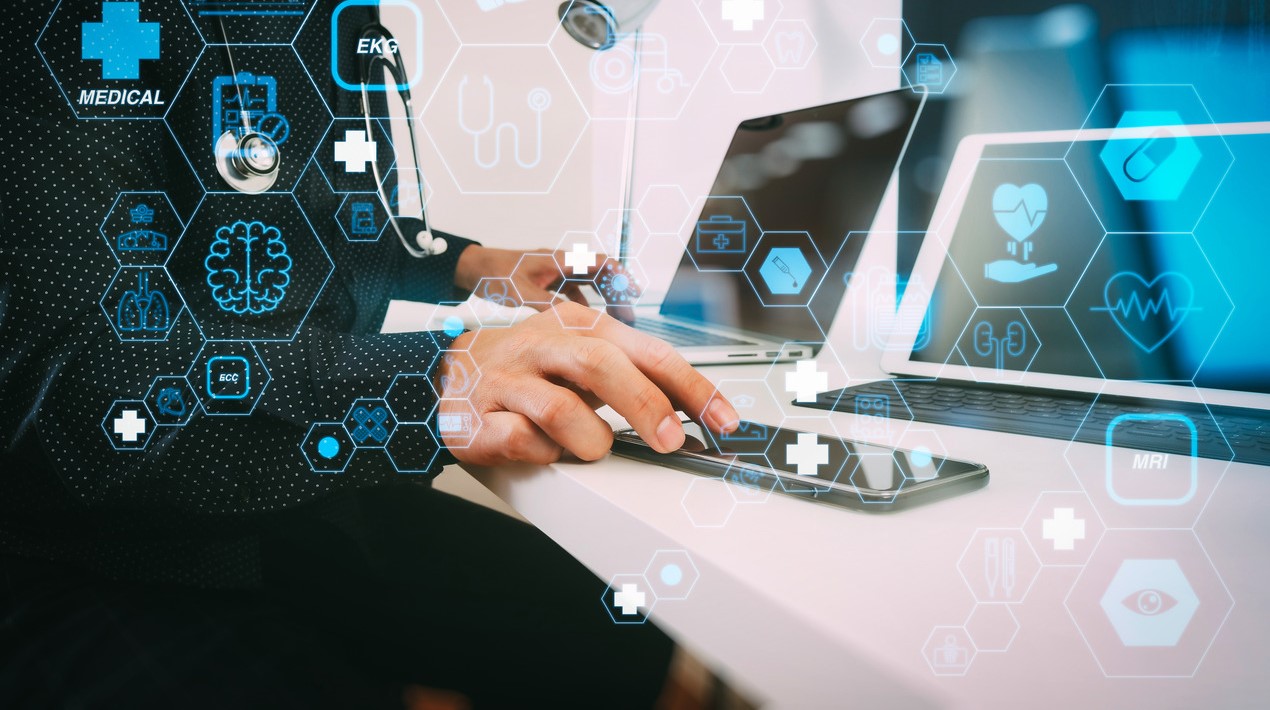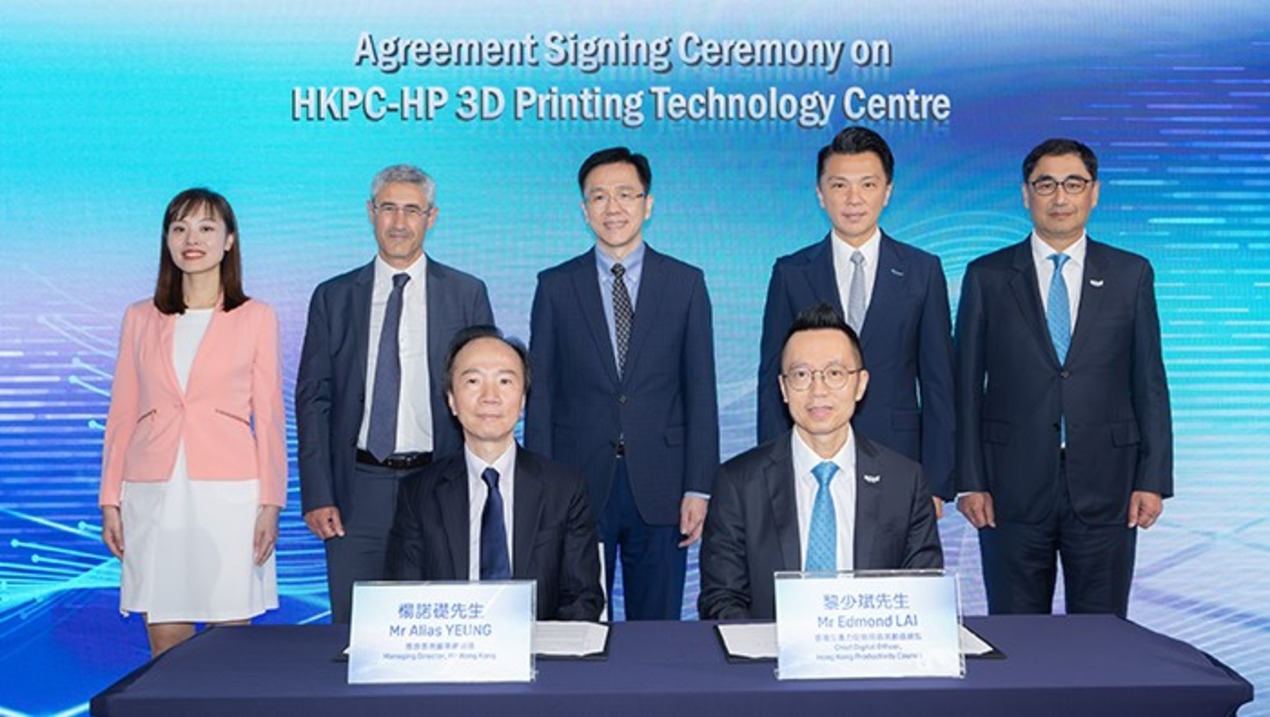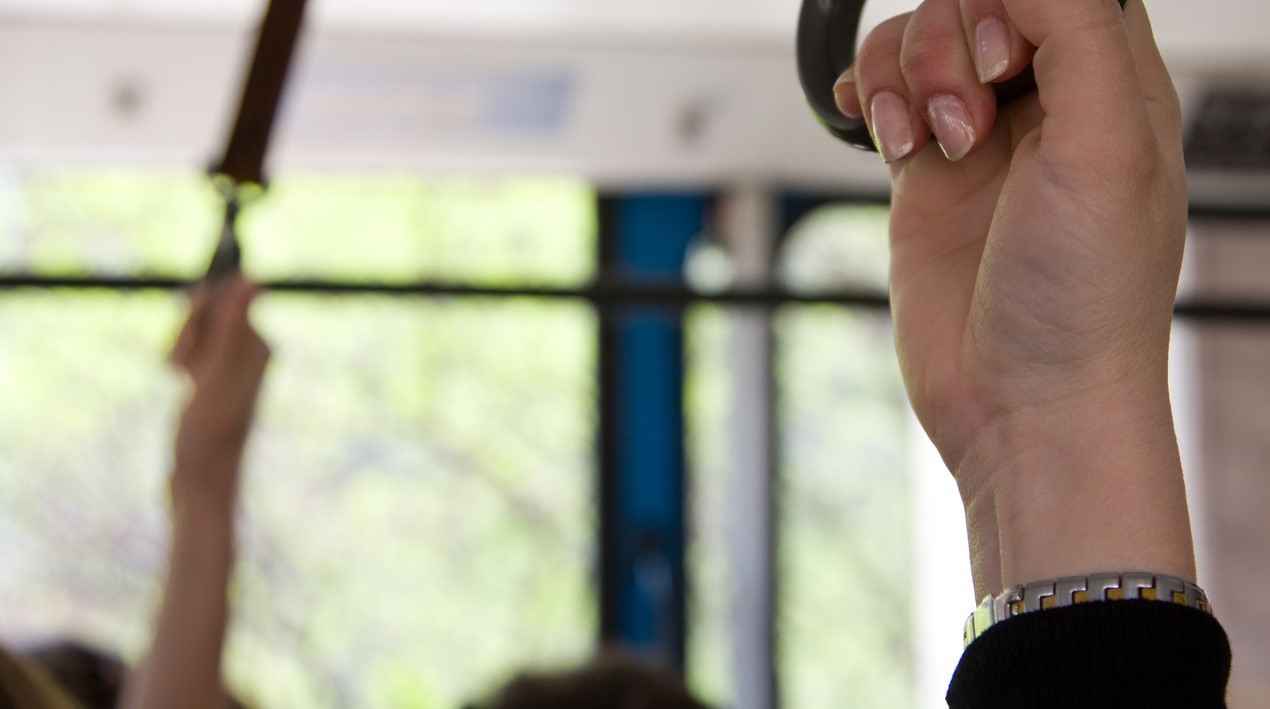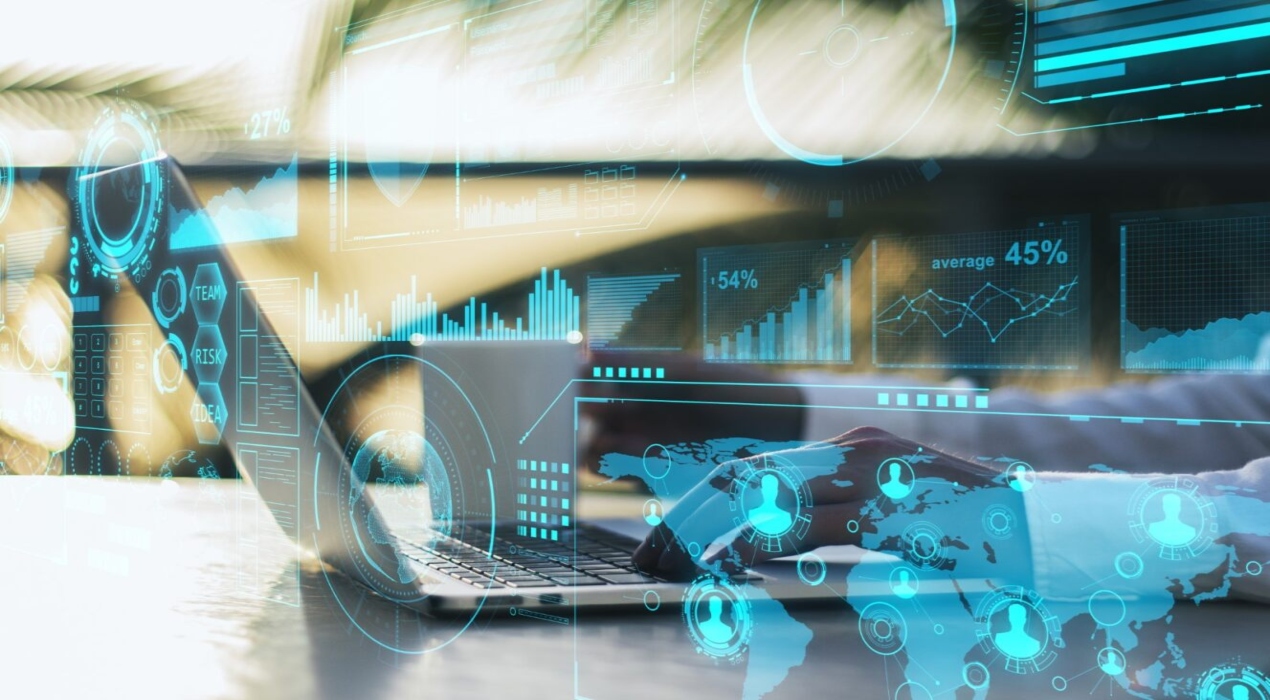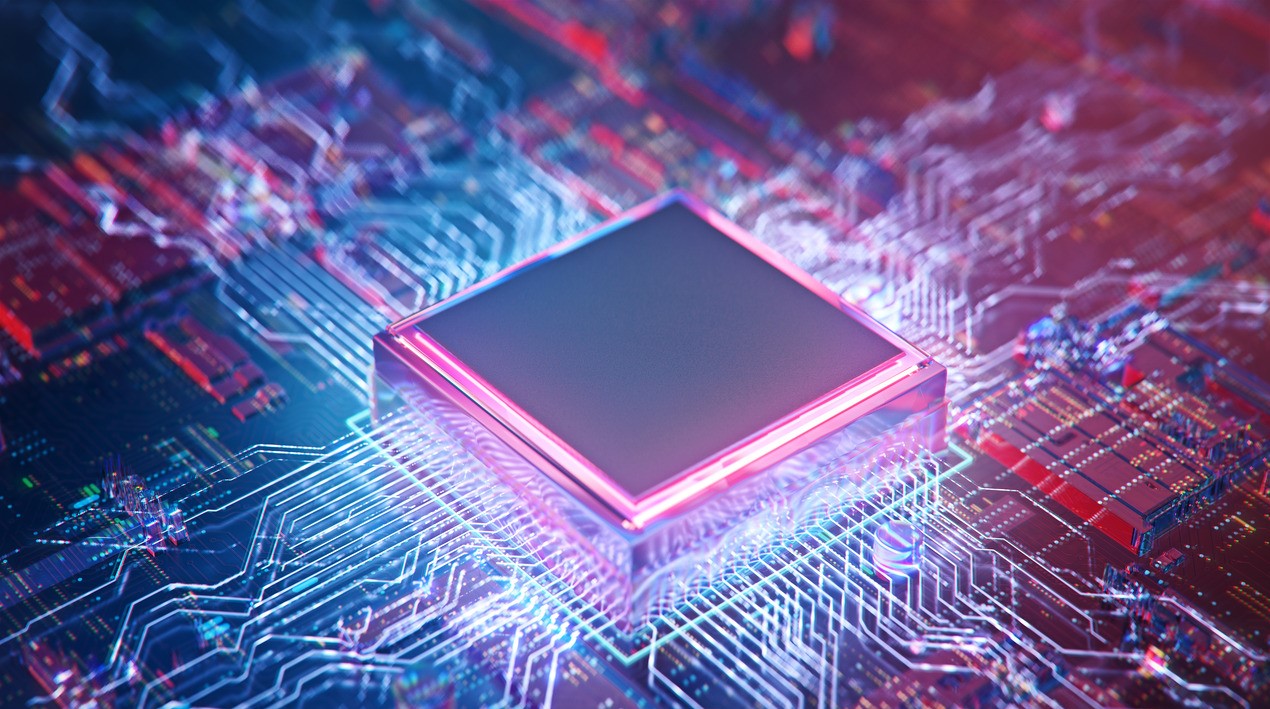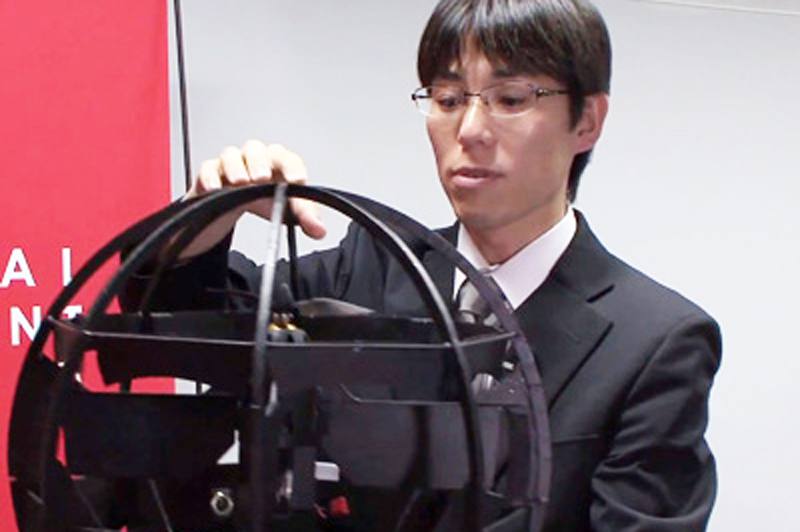
Japan plans to allow limited drone package delivery by 2018 and road tests of self-driving cars by 2017, to encourage investment in promising new technologies.
The new drone rules initially will allow shipments to isolated areas with sparse medical facilities. Drones will be able to carry prescription drugs, blood for transfusions and other urgent items to patients by 2018.
Other applications to be covered will include flying drones with mobile phones over construction sites to take and send pictures. The government will devise plans by summer to expand frequency bands and boost the output of wireless base stations.
The less stringent rules will allow test drives of cars requiring minimal driver input on highways by 2017. The government aims to use unmanned buses and taxis during the 2020 Olympics in Tokyo to ferry travellers between Narita Airport and the Tokyo waterfront, where stadiums and the Olympic Village will be located.
"Investment holds the key to higher productivity, and based on this investment we can take the lead in sparking the next industrial revolution," Prime Minister Shinzo Abe said.
Regulations on telemedicine will be eased as well. Japan aims to have technology using artificial intelligence to diagnose conditions based on images of the patient's skin brought to market within three years. Review guidelines for diagnosis software, including AI, will be established by spring to promote speedy approval.
It is believed that promoting the technology could also spark innovation and capital expenditure, two elements that economists say are essential if Japan wants to break out of its decades-long cycle of bouncing in and out of recession.



